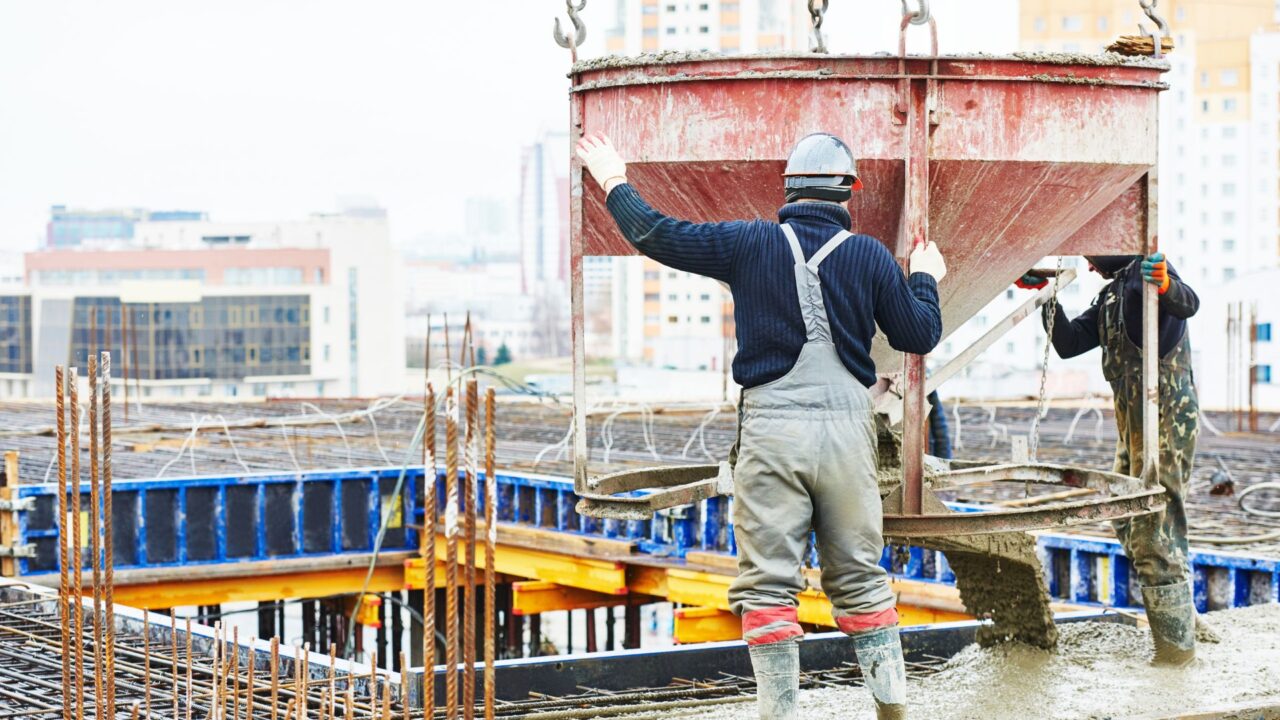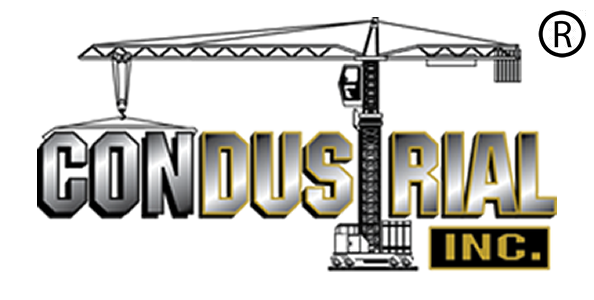Job Seekers Guide to Construction Rigging

A construction rigger plays a crucial role in the construction industry, specializing in the setup and operation of the machinery that moves heavy loads. They are responsible for the safe lifting, moving, and positioning of large objects, which can include anything from construction materials to large machinery and structural components. Rigging involves the use of cranes, hoists, and other lifting equipment, and it requires a deep understanding of load dynamics, lifting mechanisms, and safety protocols.
Skills Needed for a Construction Rigger
- Technical Proficiency: Understanding the mechanics of lifting equipment, such as cranes and hoists, is fundamental. This includes knowledge of load calculations, equipment capacities, and the proper use of slings, cables, and other rigging hardware.
- Attention to Detail: Rigging operations require meticulous attention to detail to ensure the safety and efficiency of lifting operations. This includes the ability to read and interpret blueprints and load charts.
- Communication Skills: Effective communication is essential in coordinating with crane operators, construction workers, and site supervisors to ensure that lifting operations are carried out safely and efficiently.
- Problem-Solving Skills: The ability to quickly assess and address any issues that arise during lifting operations, such as load imbalance or equipment malfunction, is crucial.
- Physical Fitness: Rigging often requires manual handling of heavy rigging gear, climbing, and working at heights, necessitating good physical condition.
- Safety Awareness: A deep understanding of workplace safety standards and regulations, including the ability to conduct risk assessments and implement safety measures, is paramount.
How to Get Started as a Construction Rigger
- Education: While a high school diploma or equivalent is often the minimum educational requirement, some riggers pursue post-secondary education in fields related to construction or engineering.
- Training and Certification: Many riggers start by attending vocational training programs or apprenticeships that offer courses in rigging, crane operation, and safety protocols. Professional certifications, such as those offered by the National Commission for the Certification of Crane Operators (NCCCO), can enhance employability and credibility.
- Gain Experience: Entry-level positions or internships provide practical experience. Working under the supervision of experienced riggers allows newcomers to learn the ropes of the trade, from basic rigging tasks to more complex lifting operations.
- Continuous Learning: The field of construction rigging is ever-evolving, with new technologies and regulations constantly emerging. Ongoing education and training are crucial for staying current with industry standards and advancements.
Room for Advancement
The career path for a construction rigger can be both rewarding and diverse. With experience, riggers can advance to supervisory roles, overseeing rigging crews and operations. Some may specialize in particular types of rigging work, such as offshore rigging or entertainment rigging, which can offer unique challenges and rewards.
Further advancement opportunities may include roles in project management, where riggers apply their on-the-ground experience to plan and coordinate construction projects. Additionally, experienced riggers may choose to become instructors or safety consultants, sharing their knowledge and expertise with the next generation of construction professionals.
A career as a construction rigger offers a dynamic and essential role in the construction industry, requiring a blend of technical knowledge, practical skills, and a steadfast commitment to safety. With the right training and experience, riggers can look forward to a career with ample opportunities for growth and specialization.


